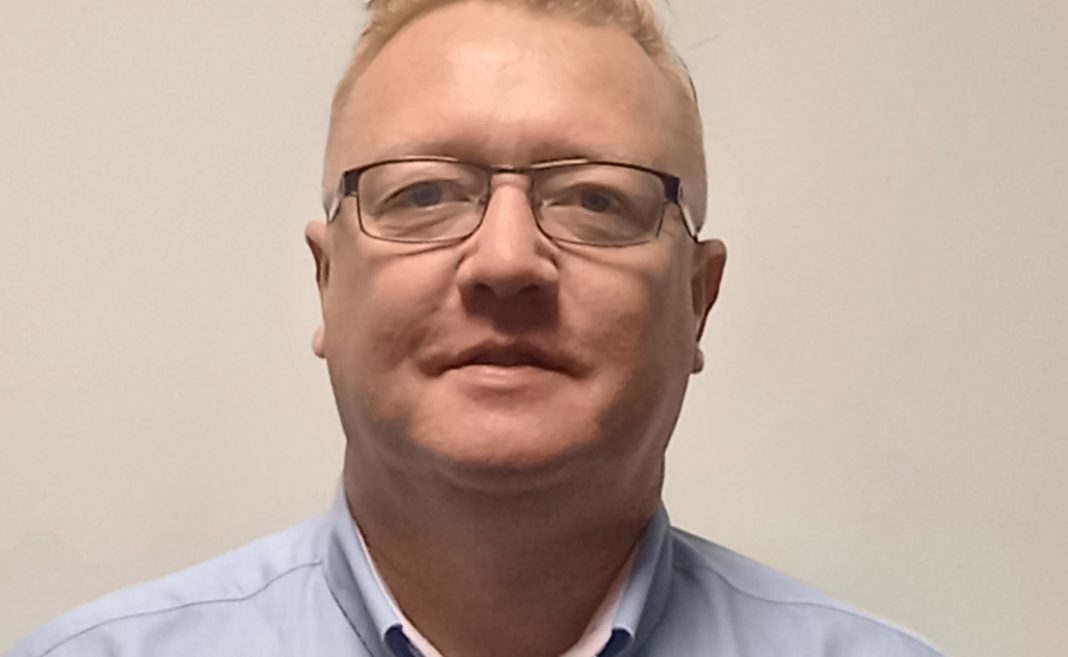Not all service engineers are created equal
There are some very obvious reasons why the vast majority of us choose a main dealer to service and maintain our cars – not least that the technicians have been specifically trained on those models by the manufacturer, they’ve got access to the diagnostic equipment required to identify any problems, and, because they work on those models day in and day out, they’ve built up a huge bank of knowledge and expertise.
Why should it be any different then when you’re choosing a technician to service and maintain your machinery – which generally represents a bigger and more important investment for your business than your car? Why entrust one of your biggest assets to anyone but the manufacturer?
In fact, as machinery gets every more reliant on software, there are arguably even more compelling reasons to go direct to the machinery manufacturer for servicing and maintenance, because you can be 100% assured that they have access to all the diagnostics and have been trained on the very latest software updates as well.
When it comes to our machines for instance, it is only directly employed Emmegi (UK) service engineers who can contact the service and software technicians at our HQ in Italy and access reserved areas to carry out diagnostics and software repairs. There is no risk of a repair being delayed while the technician uses guesswork to identify a problem – instead, our team receive specialist codes almost instantly.
It’s not just a question of the engineers’ expertise – it’s about how they get support from the machinery supplier themselves and how they keep their knowledge up to date.
At Emmegi (UK), alongside our own accredited apprenticeship and training programmes here, every one of our engineers also attends a rolling programme of training courses at our HQ in Italy. There is always something new for them to learn – their knowledge doesn’t stand still.
We ensure that at least one of our engineers attends every training course run as part of the official Emmegi HQ programme in Moderna. They receive training on new and existing machines and on different machine types – multi axis CNCs, automatic saw centres, double and single mitre saws and fully automatic machining centres. They cover all the vital bespoke modification options and upgrades, along with software drivers for importing external files, updated software versions and simulators and production monitoring software.
As you would expect, each course includes a mix of classroom, workshop and factory based work on things like mechanical and electronic axis calibration, electronic drives, software programming, parameters, diagrams, inputs and outputs, and fault finding.
The benefits to Emmegi (UK) and our customers go beyond just the additional technical knowledge our engineers acquire during the training. They also get to spend time building and strengthening relationships with the engineers at our HQ who they can then call on for any additional support when they are out in the field if they come across a particularly complex issue. And, of course, they learn new training techniques which they can pass on when they are delivering training to machine operators out in the field.
I would argue that, without this level of specialist training, without direct access to OEM spares, without instant software diagnostics, and without relationships with the designers and technical department behind the machines themselves, it is very hard for independent service engineers to compete.












